
That’s great, complaining all the time, but rich authors complaining doesn’t really help you out, the little guy with one or two books, no sales, and no hope to ever get any.
I’ve been there before and it sucks. But instead of complaining about it while doing nothing, like those successful authors do, I’ll offer you steps to pull yourself out of that mess.
That way one day you too might be successful, and can then start a website that purports to speak to writers, but only really focuses on tantrum-prone children.
Anyways, what does all that mean? It means you need to stop worrying about what could be while focusing on what you can do now to improve your writing.
To do that well look at three grammar points, so here we go.
The Progressive Tense

What do I mean? Check out something like this:
- He walked to the store. He bought some apples. After that he went home and fell down.
I see writing like this a lot when I edit because this is what people who don’t write end up writing. Changing some of those verbs around could turn that into something like this:
- He was walking to the store when he decided to buy some apples. Following the monumental purchase he went home and proceeded to fall down.
I find the progressive tense works well with longer sentences where you want to explain a lot. It’s also good for having two actions performed simultaneously. Think of this as a long-breathed statement from a character in a movie, one doing and saying something while perhaps performing another action entirely.
I just did that with the last sentence, so let’s look:
- Think of this as a long-breathed statement from a character in a movie, one doing and saying something while perhaps performing another action entirely.
You can see that first part there is a sentence in and of itself. But instead of ending it with a period, I carry it onward:
- Think of this as a long-breathed statement from a character in a movie, one doing and saying something while perhaps performing another action entirely.
You can see I’ve got that progressive tense, or –ing words. Those are also called gerunds, but who cares? No one does…I used to teach it.
Now this next part is what’s really important, and something I could never quite explain to my ESL students the first time I saw it in the book:
- Think of this as a long-breathed statement from a character in a movie, one doing and saying something while perhaps performing another action entirely.
It’s that ‘while’ that’s important. Sometimes you can use ‘during’ as well, but I don’t want to get into that. You’ll also notice I’ve got another progressive verb in that sentence after that comma that split the sentence in two.
Split-Infinitives

Surprised? So instead I’ll give you this link to an article that explains all about infinitives and split infinitives. Good deal, huh?
Conjunctions

To that end, let’s talk about something a little more interesting, and worthy of readers’ attention, shall we?
What is this magic concoction? Conjunctions. Yep, I’d rather bring us together than tear us apart, and so we’ll discuss this, although briefly, alright?
Good. Now, what can possibly be said about “and, or, but?” Well, they can take two dumb sentences and make them into a stupid sentence, like this:
- The dog walked. The dog talked = The dog walked and talked.
But you’re not a fucking first-grader, are you? No, you need something a little more complex, like this:
- They sky was dark and radiant and majestic and stunning, all at the same time and all for everyone. It was bliss, and Carmichael knew he’d never go back.
Alright, this is two sentences so let’s take a look. For the first sentence you get 3 quick conjunctions ala-Hemingway. Those 3 conjunctions are joining together 4 adjectives, one of them progressive, which I choose to list last.
- They sky was dark and radiant and majestic and stunning, all at the same time and all for everyone.
Why do I put the progressive tense last, the one action that is happening “now?” Because I’m continuing with that sentence, making it longer with that comma. I’m also adding emphasis to that last word by putting it last, and if you continue on to the next part of the sentence you get that sense of time with the word “all.”
So what about that last sentence? Let’s take a look:
- It was bliss, and Carmichael knew he’d never go back.
Here I’m making the choice to put a comma before that conjunction. Do I need to do that? No, but I’m asking the reader to pause for about 3/10 of a second there so they can get that emphasis, making the second part of the sentence more meaningful. Of the 29 words in those two sentences I’d have to say those last 4 are the most important.
But are they important? I think so, but how do I know my reader will think so? I guess that’s buildup. I intentionally chose to go against my normal style by including 3 “ands” instead of commas, forcing the tongue to rattle off those things more quickly than normal (try saying it out loud). I’ve also created a kind of reverse-dichotomy with the sentences, choosing to force my reader to read something very long, though quick, and then something short.
I don’t know – I didn’t put a whole lot of thought into that sentence, I just wrote it. Maybe there’s really nothing to analyze there at all.
Overanalyzing your writing will ensure you don’t get a lot of books out. That’s fine, the world needs more 1-book authors. Maybe you’re one, but if not, try writing it and forgetting it. And if you do that enough you might just get another one finished.


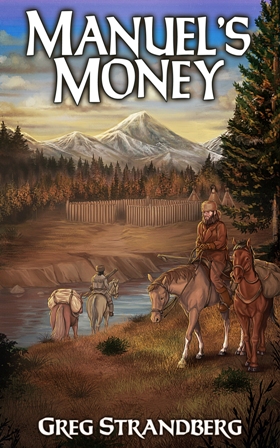
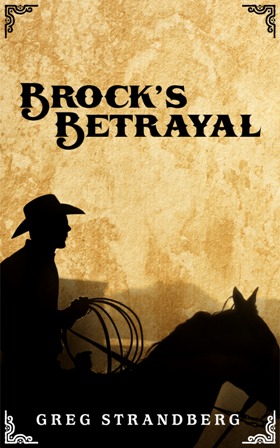
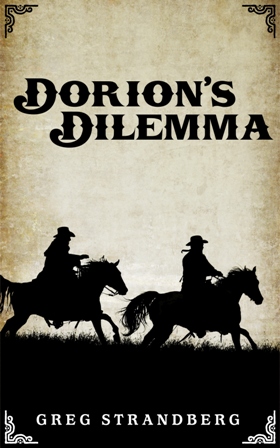
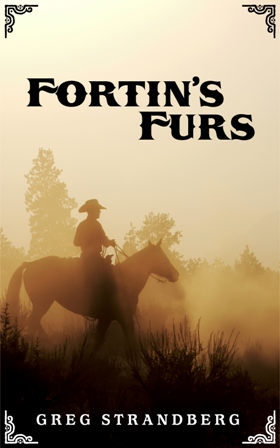
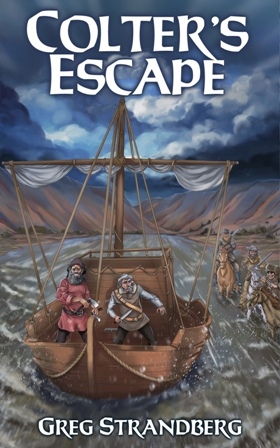
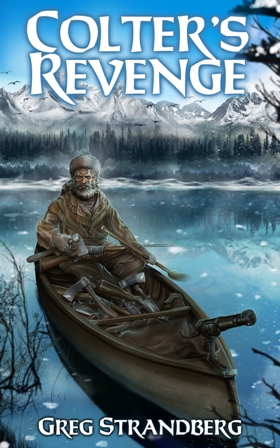
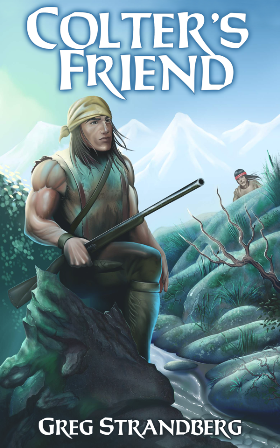
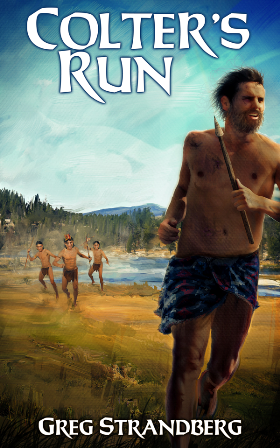
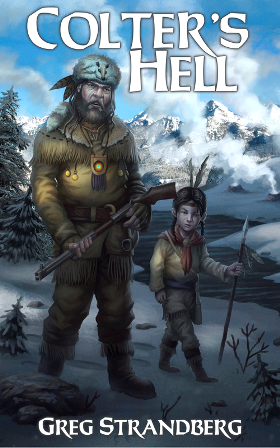
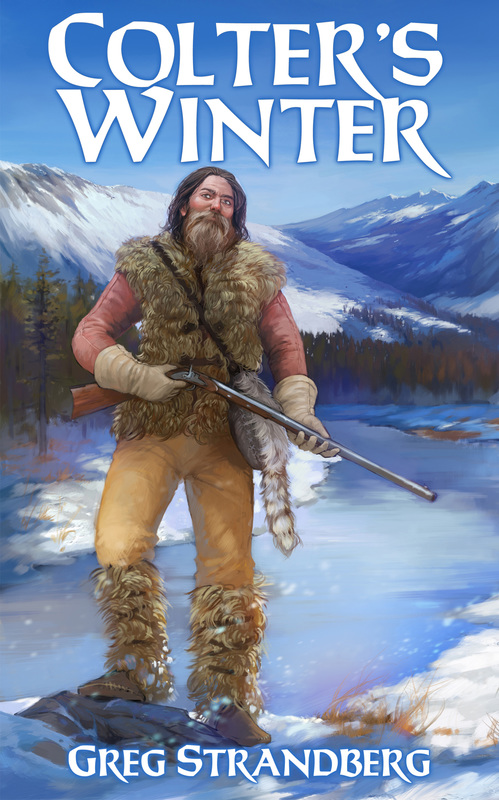
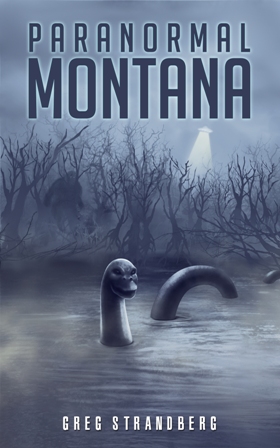
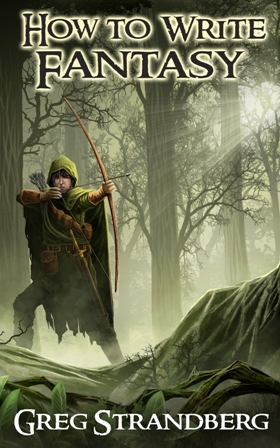

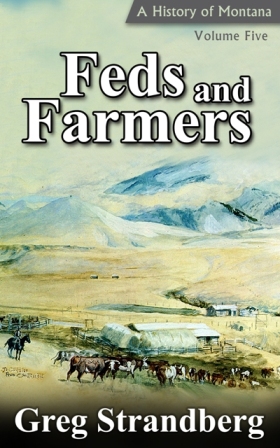
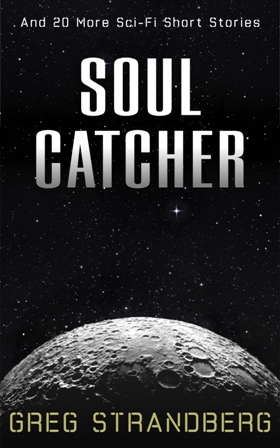
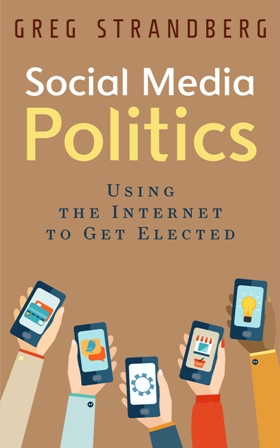

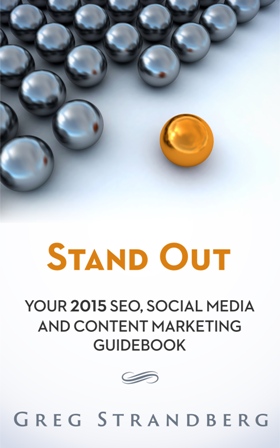
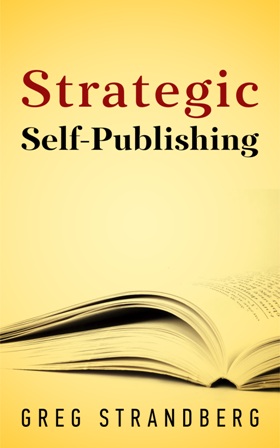
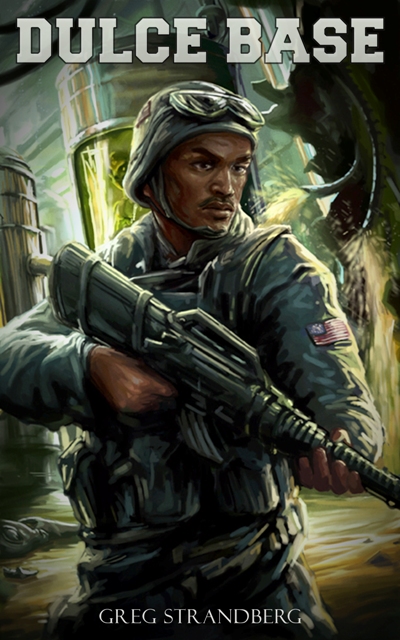
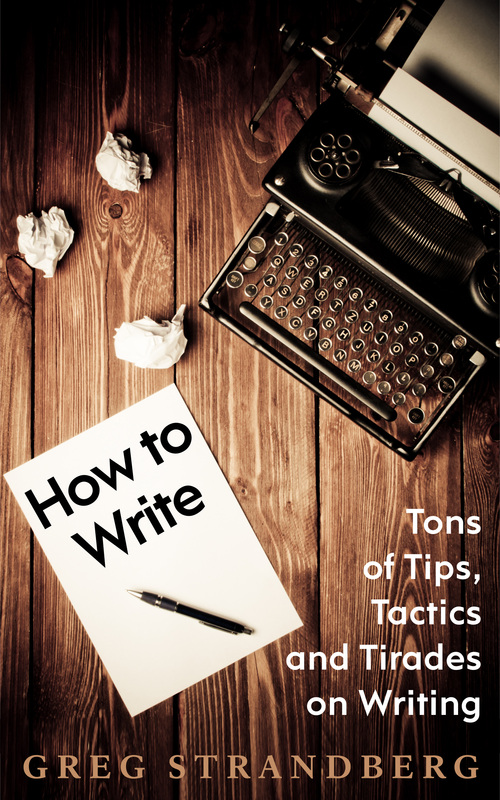
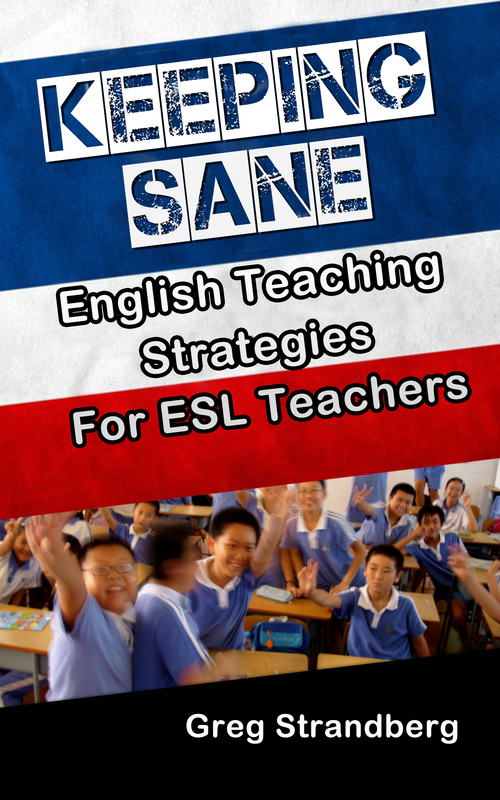
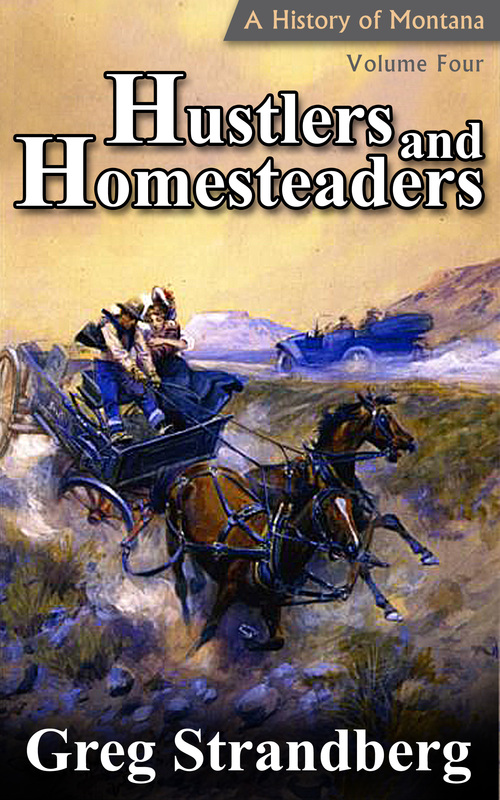
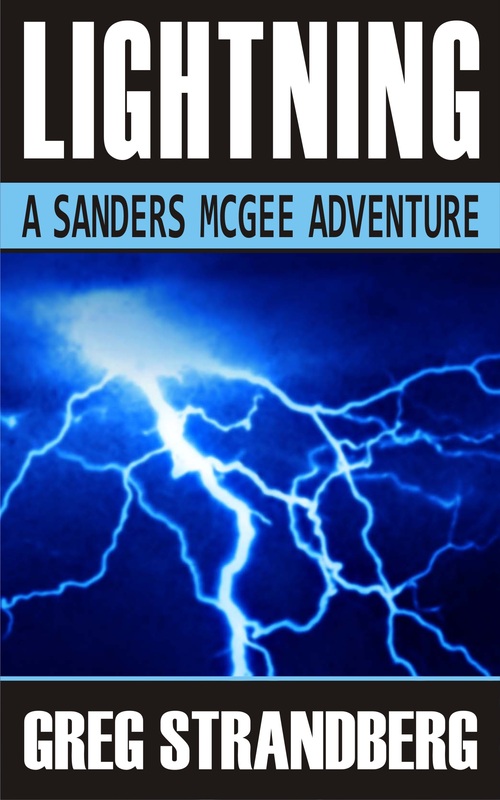
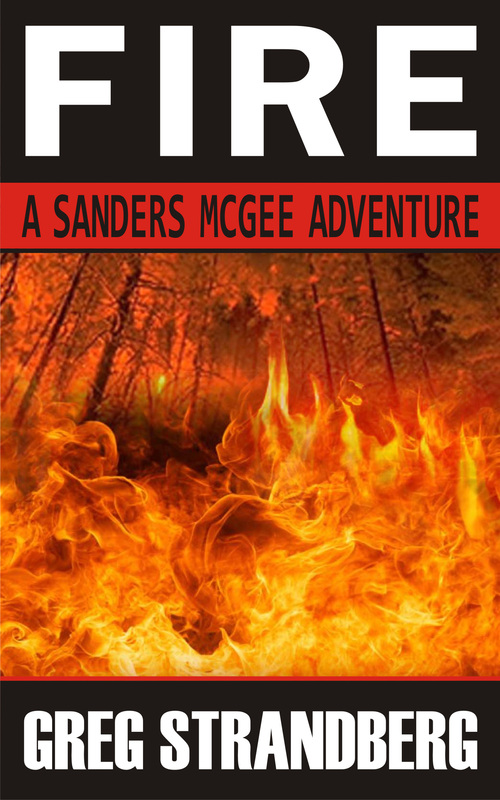
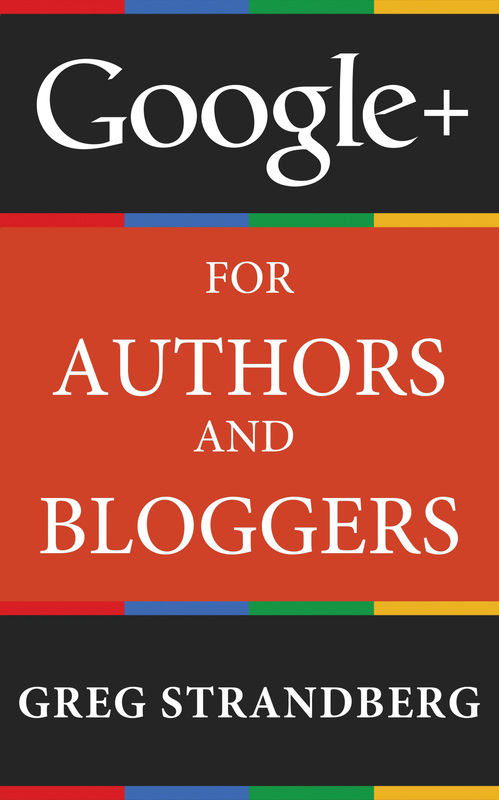
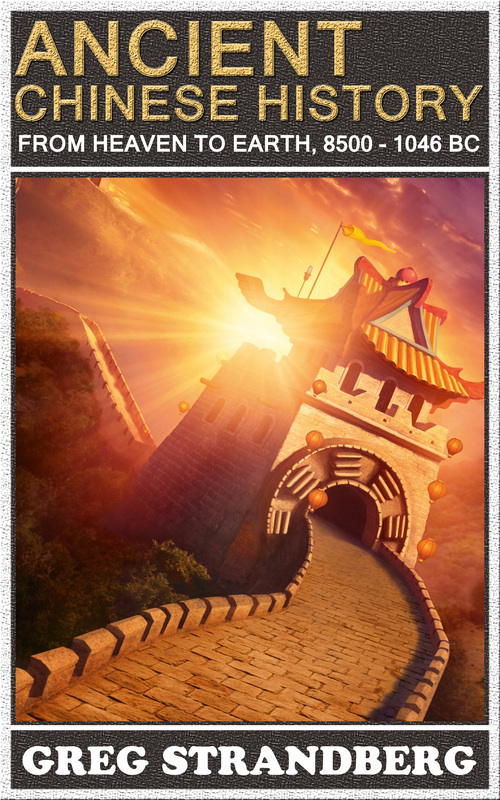



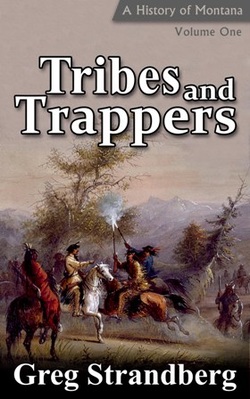
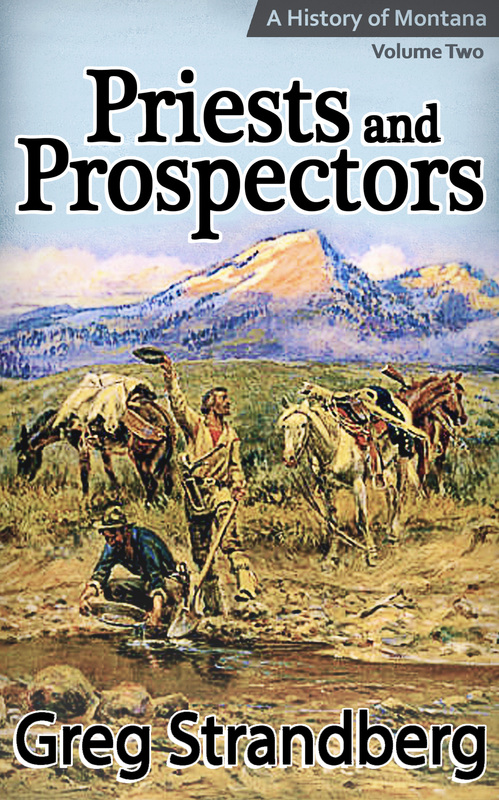
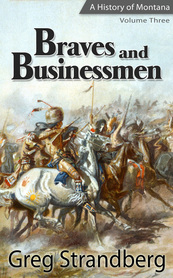
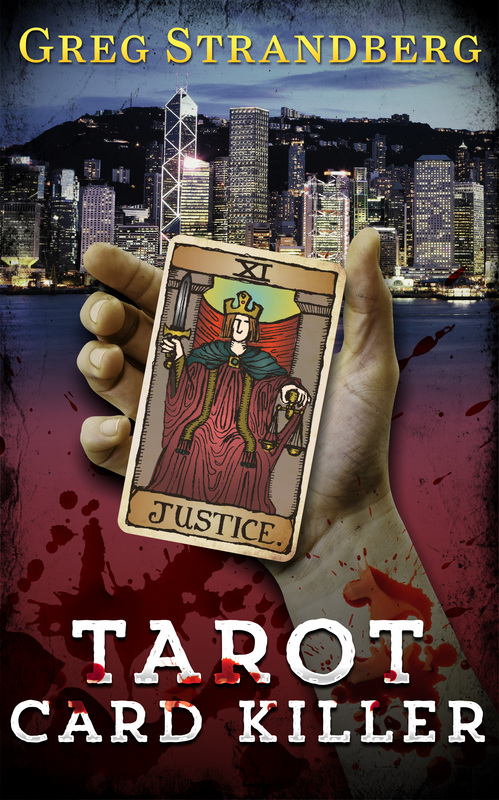
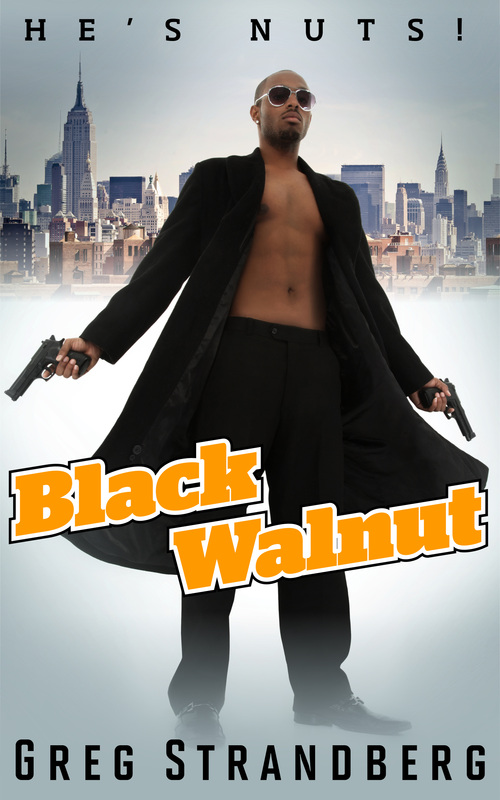
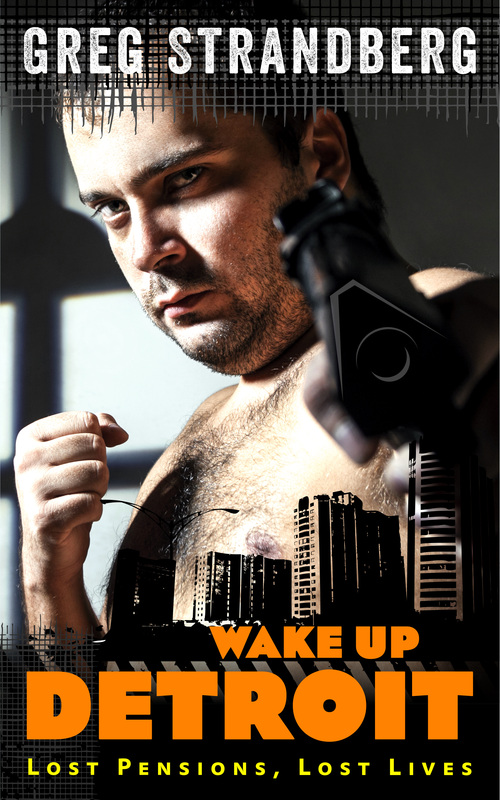
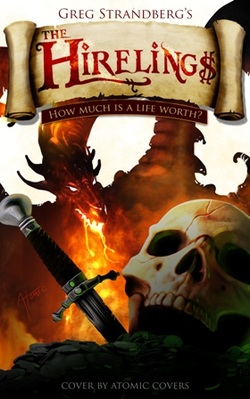
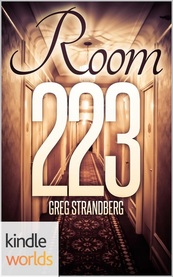
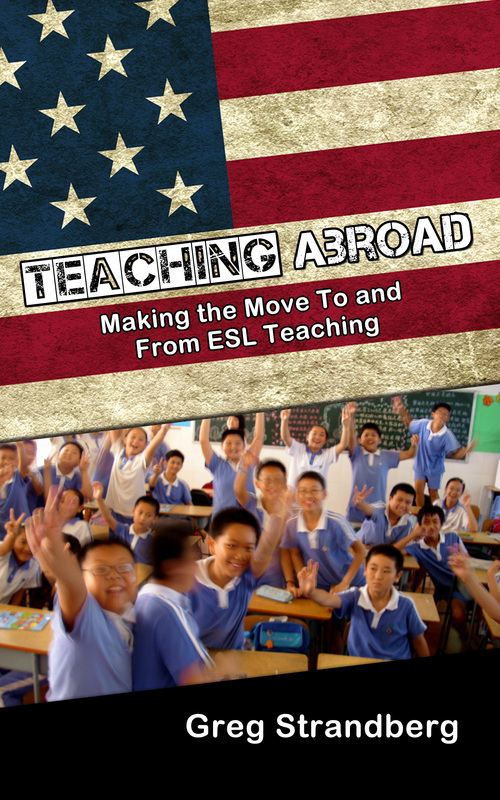
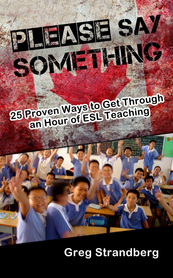
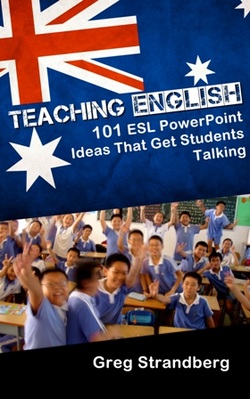
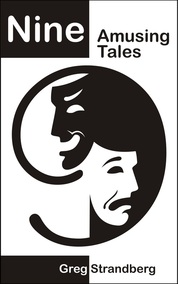
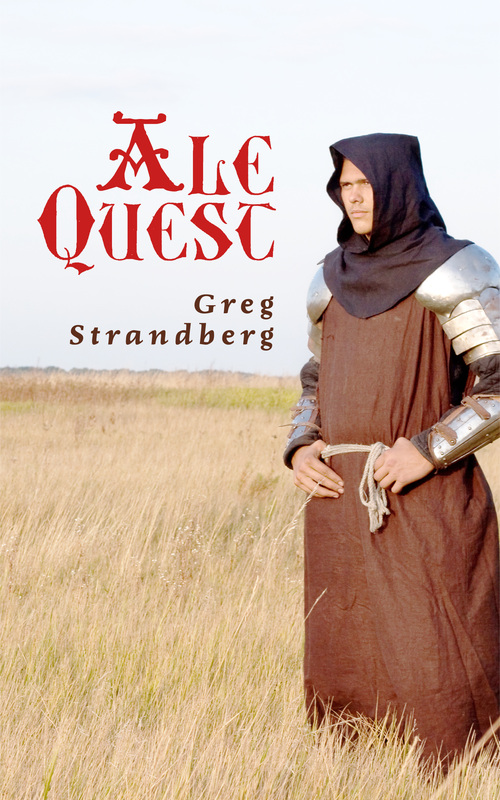
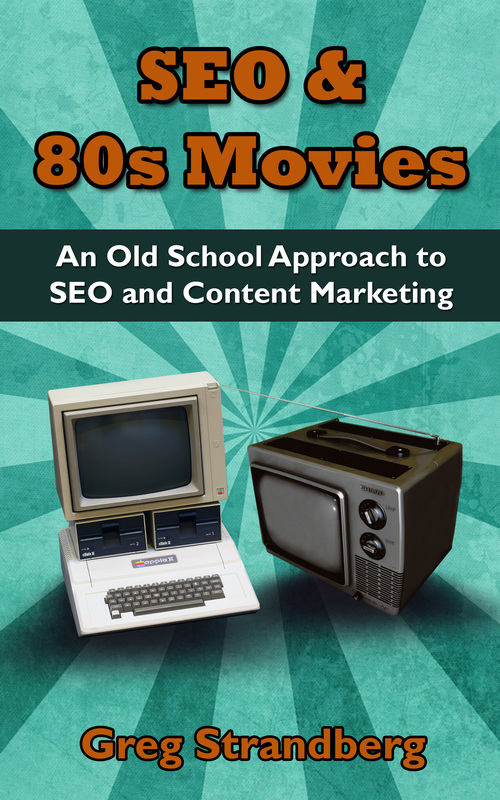
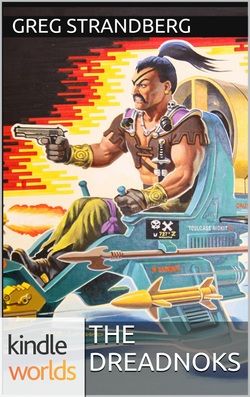
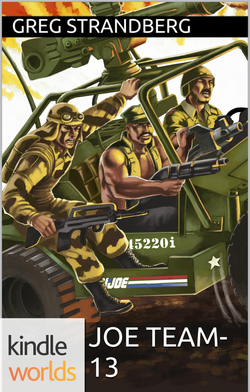
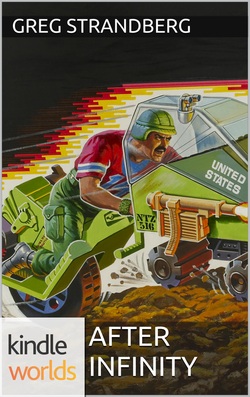
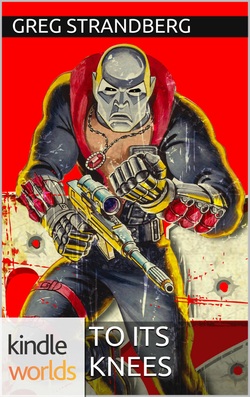
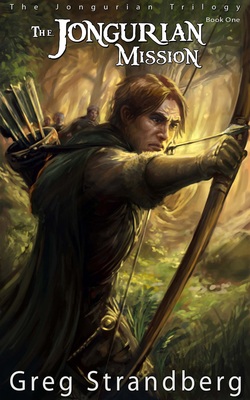
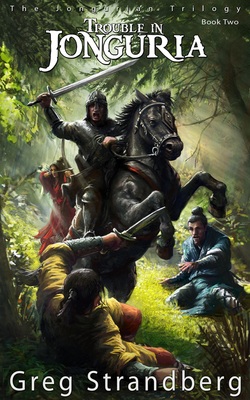
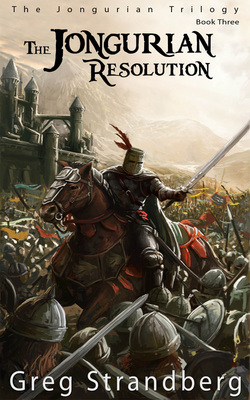
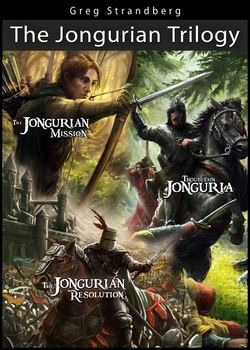
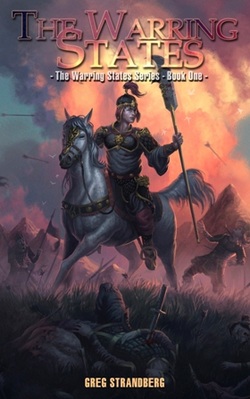
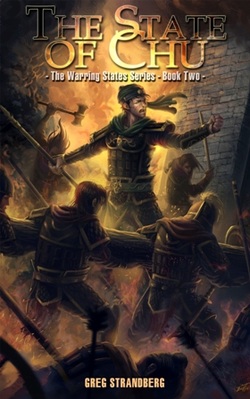
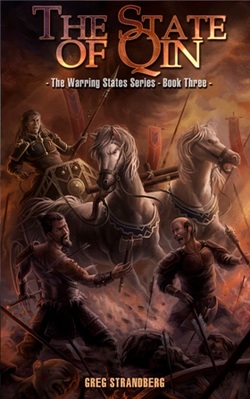
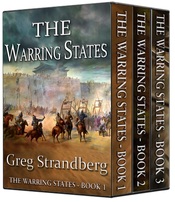
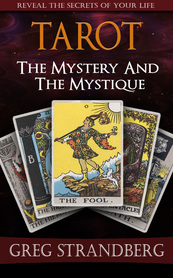
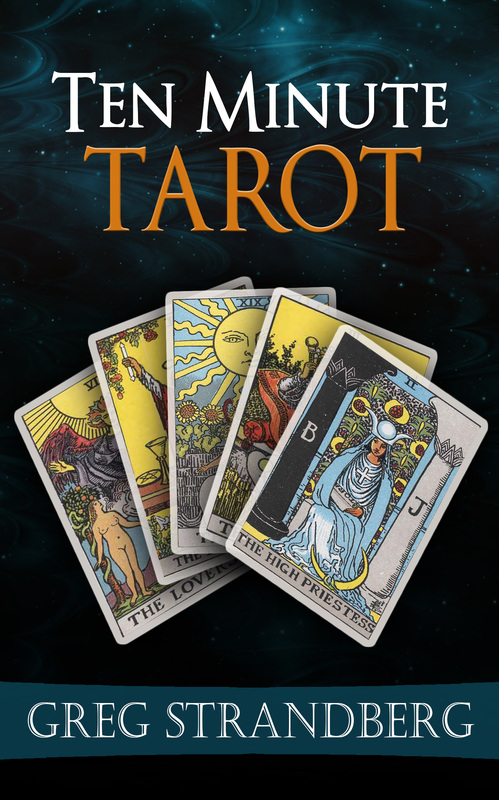
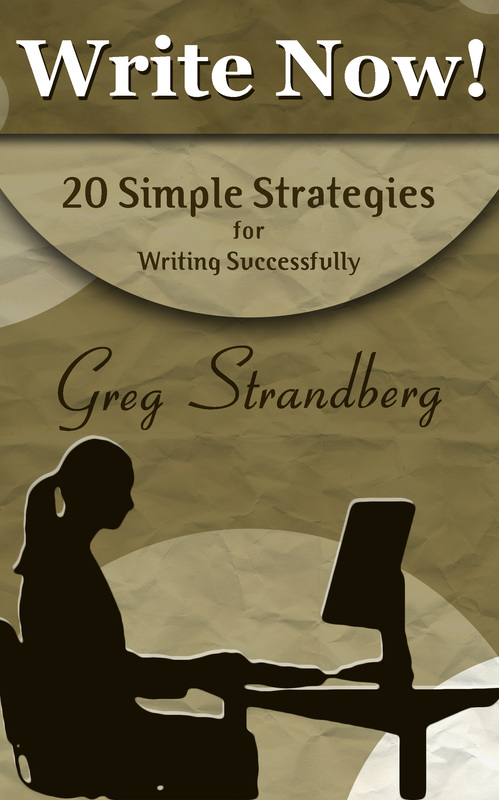
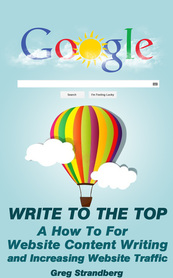

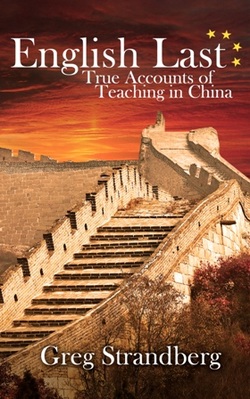
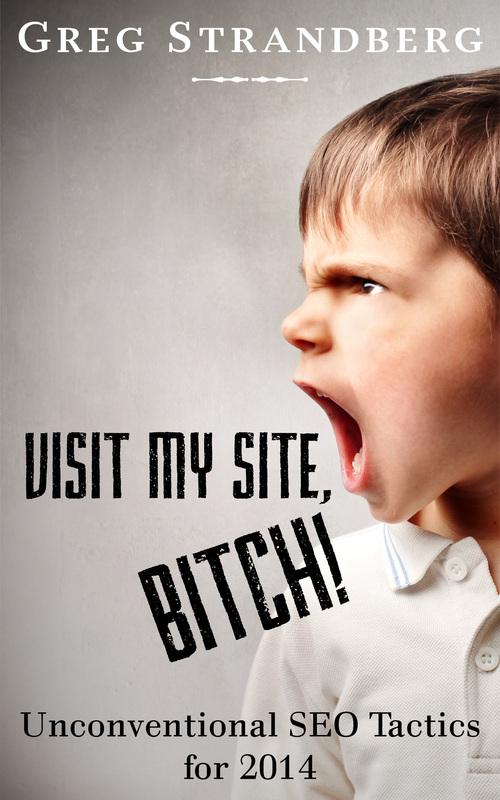

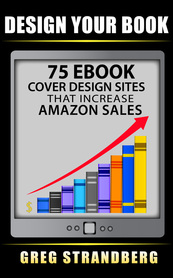
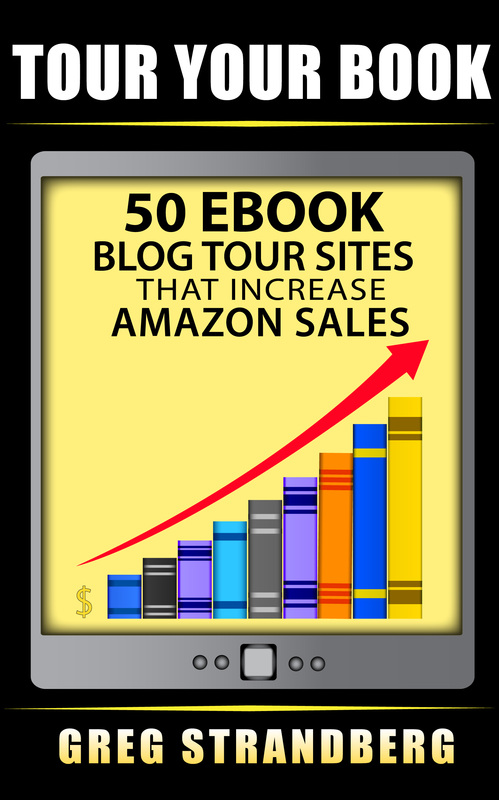




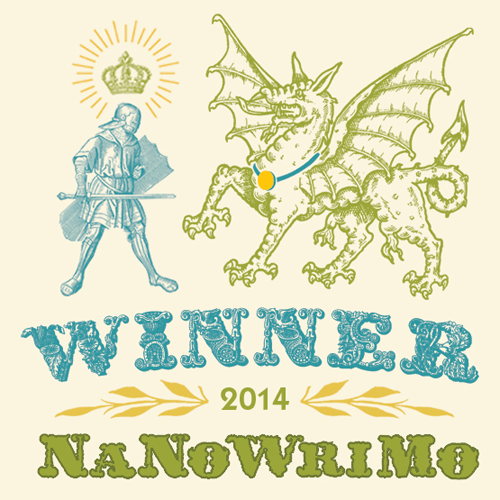
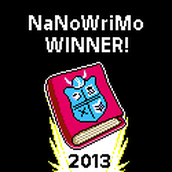
 RSS Feed
RSS Feed